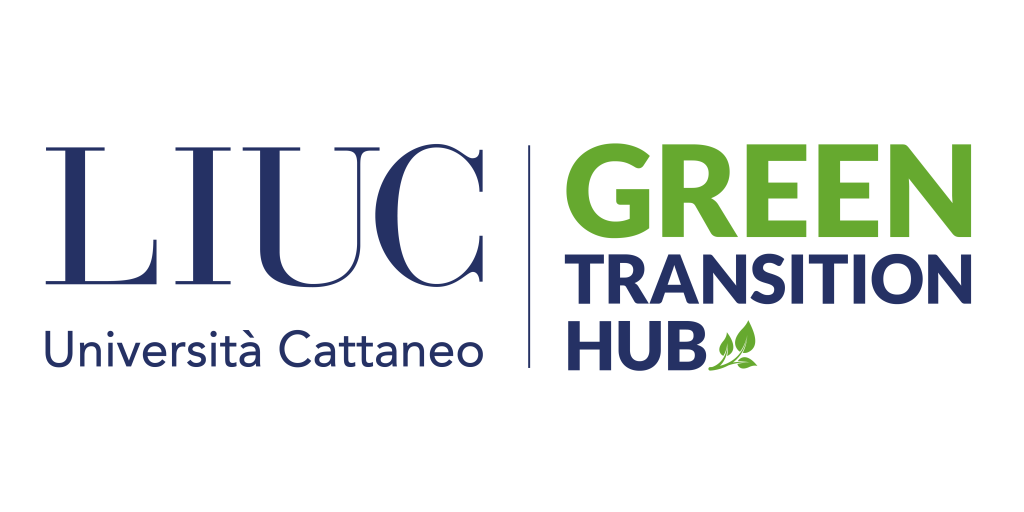Topic
The European Union is promoting cross-border cooperation through the new Interreg 2021–2027 funding program, designed to support economic and social development. The objectives of this funding program can be summarized into four strategic priorities:
- A smarter and more competitive Europe
- A greener Europe
- A more connected Europe
- A more social and inclusive Europe
To achieve the objectives set by these strategic priorities, several applied research projects have been funded with the aim of developing and strengthening intelligent and intermodal mobility at local, regional, and national levels. These initiatives seek to improve access to the TEN-T intermodal corridor network and enhance cross-border mobility, making it more sustainable and resilient to climate change.
Indeed, the border areas between Italy and Switzerland are increasingly affected by climate change phenomena, partly caused by vehicle traffic associated with freight transport along cross-border road corridors. Therefore, initiatives that improve mobility systems by promoting more sustainable solutions—such as intermodal freight transport—are essential to mitigate the externalities generated by transport activities.
Within this context, the SWITCH project aims to promote, in the field of Italy–Switzerland freight transport, a modal shift from road to rail. This will be achieved through a qualitative and quantitative analysis of Italy–Switzerland trade flows and cross-border traffic, employing new ICT technologies (e.g., artificial intelligence) and leveraging their potential in supporting decision-making through dedicated tools.
Objectives
1) Analysis of Italy–Switzerland freight exchange: Transport infrastructure and services, regulations, and legislation. This first phase will allow the identification, quantification, and characterization of cross-border freight flows, transport modes, norms, and customs procedures. It aims to clarify current traffic management practices, barriers, and opportunities for modal shift.
2) Development of an optimization tool and drafting of a Memorandum of Understanding with industrial stakeholders: This phase will lead to the creation of OptiModal AI, a decision-support platform available to institutional and logistics stakeholders. Based on optimization and artificial intelligence, OptiModal AI will help operators and public authorities make informed decisions through quantitative analysis and evaluation of transport options.
3) Implementation of pilot projects and development of guidelines for modal shift: This will allow validation of the optimization tool’s outputs through real pilot applications and the identification of guidelines to support cross-border modal shift. Pilot projects will highlight enabling factors and barriers, while the guidelines will define the conditions that facilitate the spread of intermodal freight transport across the border.
Results
Through the analyses conducted, the development of the platform, and the pilot projects, the research will build a broad knowledge base and provide industrial stakeholders and institutions with a tool that—if appropriately adopted—can contribute to the decarbonization of cross-border freight transport and to improving its environmental and social sustainability by reducing congestion along road corridors.
The research results will be disseminated through a series of reports and multiple events scheduled between 2025 and 2027.
For more information, visit the SWITCH page on the Interreg project website:
Information
Alessandro Creazza [email protected]
Maria Concetta Carissimi [email protected]
Sergio Curi [email protected]
Giorgio Ghiringhelli [email protected]




